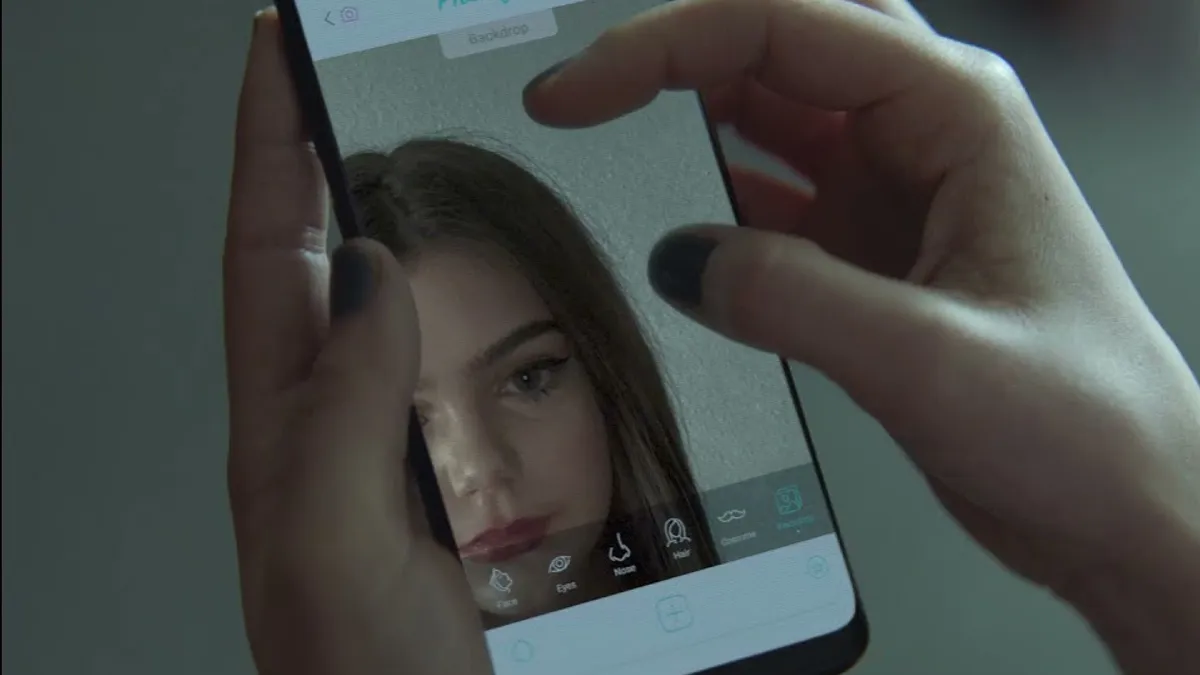Dive Brief:
- Unilever's Dove soap launched a campaign in Canada to raise awareness of how social media harms the self-esteem of preteen girls, per an announcement. The brand released a film titled "Reverse Selfie" that pleads with viewers to help undo social media's damaging effects on self-confidence, which were made worse during the pandemic.
- The campaign urges people to have "the selfie talk" with a loved one to explain how image manipulation on social media creates unrealistic beauty standards. To that end, Dove created a microsite with a downloadable "confidence kit" for parents and teachers.
- The brand enlisted singer and body confidence advocate Lizzo to support the goal of making social media a more positive experience for girls. This is the latest push by Dove and parent company Unilever to redefine the public perception of beauty.
Dive Insight:
The latest campaign for the ongoing Dove Self-Esteem Project aims to raise awareness about the harmful effects of social media on young girls, amid a surge in usage during the pandemic as children spent more time in isolation. The campaign marks an extension of the brand's landmark "Campaign for Real Beauty" to help build confidence in women and children. Previously, Dove teamed with creator Lena Waithe for an IGTV series targeting teens as they experience adolescence and higher rates of body image issues.
Centering the new campaign is the short film, "Reverse Selfie," which shows a rewound view of a young girl putting on makeup and using photo-editing software to enhance her features before posting a picture on social media to gain the approval of her peers. The spot ends with a message urging viewers to have "the selfie talk" with "a girl you love" to help combat the damaging effects of social media. The film is reminiscent of Dove's short film, "A Selfie," which the brand released three years ago to show how social media images can be staged.
The latest Dove campaign is rooted in a survey that found 80% of Canadian girls have downloaded a filter or used an app to change their appearance in selfies by age 13. About two-thirds (67%) of girls ages 10 to 17 have tried to change or hide at least one bodily feature before posting a photo online, while 59% of girls who are insecure about their bodies regularly distort pictures before sharing them on social media. In addition, 37% of survey respondents said they don't look good enough without any photo editing.
Girls said they would feel more confident if images on social media more accurately reflect the way they look in real life, with 67% agreeing that they wouldn't feel judged and 66% saying they would be less worried about their appearance. Sixty-three percent of girls said they wished the world would focus on who they are as people rather than what they look like. The study findings indicate that girls need help in using social media "in a positive way, making it more about self-expression and less about validation," according to Dove.
With 30% of parents saying they have talked to their kids about the pressures of social media, Dove aims to motivate more people to have those discussions with its online "confidence kit." The 32-page booklet outlines how children who spend the most time on social media tend to feel worse about themselves, and how parents and teachers can initiate a "selfie talk" to urge kids to turn social media into a more positive experience. The tips include steps such as unfollowing accounts that don't make them feel good, and using the privacy features on apps like Instagram.
Dove's campaign follows efforts to promote inclusivity in advertising and redefine the public perception of beauty. In South Africa, the brand last month offered to subsidize the cost of hiring diverse talent incurred by other brands as part of its Project #ShowUs to create a collection of images that depict a more inclusive vision of beauty for advertisers and media outlets. Parent company Unilever also said it would stop using the word "normal" in the advertising and packaging of its beauty and personal care brands, a reflection of its push to be less exclusionary. More broadly, Unilever has made social inequality a higher priority, along with fighting climate change.














